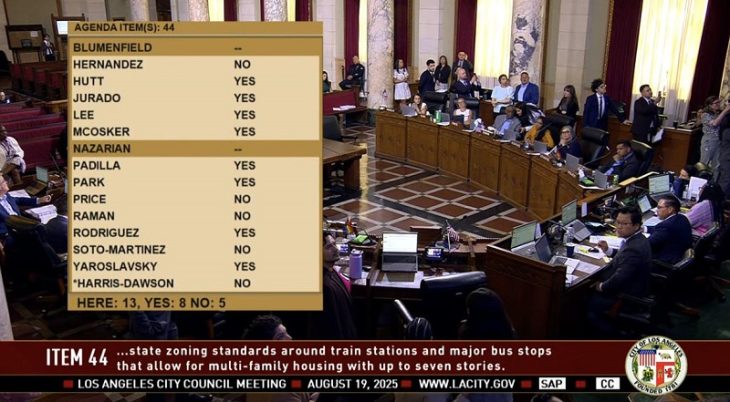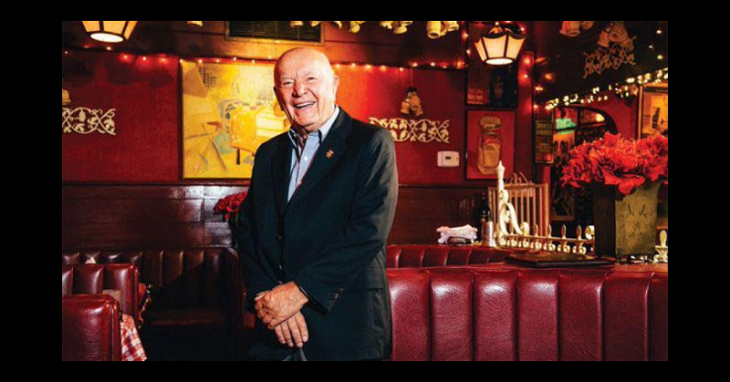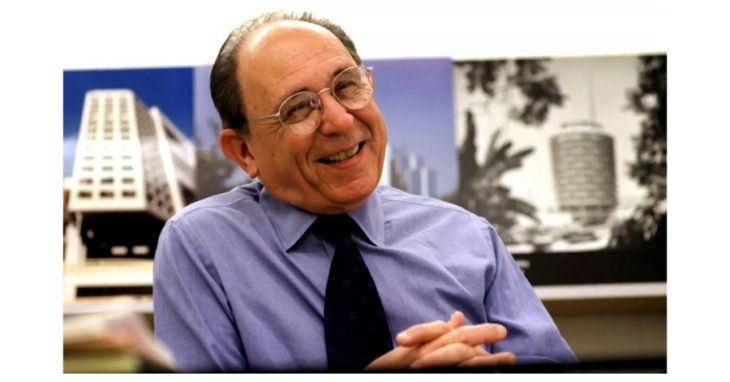Zachary Joseph Horwit pleads guilty to security frauds
By Sam Catanzaro
A local actor pleaded guilty has admitted to operating a Ponzi scheme that raised at least $650 million with bogus claims that investor money would be used to acquire licensing rights to films, but instead using victims’ capital to fund his own lifestyle, including the purchase of his $6 million Beverlywood residence.
According to the Department of Justice U.SA. Attorney’s Office Central District of California, Zachary Joseph Horwitz, 34, of Beverlywood, admitted October 4 to a fraudulent scheme has caused more than $230 million in losses.
Horwitz–who has appeared in a number of films, usually in minor roles, under the name of Zach Avery–will appear at a sentencing hearing on January 3, 2022. When he is sentenced, he will face a statutory maximum sentence of 20 years in federal prison.
According to prosecutors, over the course of about five years, Horwitz used his company – 1inMM Capital LLC, which purported to be a film distribution company – to solicit investors with false claims their money would be used to purchase regional distribution rights to films and then would generate profits by licensing the rights to online platforms such as Netflix and HBO.
the scheme began in 2014, when groups of private investors began entering into hundreds of six- and 12-month promissory notes with 1inMM Capital based on Horwitz’s statements. The funds supplied under each note were supposed to provide money for 1inMM Capital to acquire the rights to a specific film. The promissory notes guaranteed a specified payment on a specified maturity date, as well as the specified amount to be paid at maturity, which included investment returns ranging from 25 percent to 45 percent.
“However, as [he] then knew, his representations concerning 1inMM Capital’s business activities and the promissory notes themselves were false and deceptive because 1inMM Capital generally did not and would not acquire or possess the film distribution rights for the films specified as collateral in the promissory notes, and 1inMM Capital did not and would not enter into any distribution agreements with the online streaming platforms for these specified films…and the purported copies of the distribution agreements were fake,” Horwitz admitted in his plea agreement.
Instead of using the funds to acquire films and arrange distribution deals, Horwitz operated 1inMM Capital as a Ponzi scheme, using victims’ money to repay earlier investors and to fund his own lifestyle, including the purchase of his $6 million Beverlywood residence.
Investors started to complain after 1inMM Capital began defaulting on notes in 2019, court documents states. In response, Horwitz “falsely reassured investors that any missed payments on promissory notes were caused by the actions of the online streaming platforms, and that payment on the notes would resume,” he admitted in the plea agreement. To support these false claims, Horwitz sent the investors emails and text messages he falsely claimed had been sent to him by representatives of the online streaming platforms.
Horwitz defrauded five major groups of private investors, but these entities derived funds from more than 250 sub-investors. By late 2019, 1inMM Capital began defaulting on all of its outstanding promissory notes, according to the plea agreement, in which Horwitz admits that he owes investors more than $230 million and that his scheme has caused substantial financial hardship to at least five investors.
























